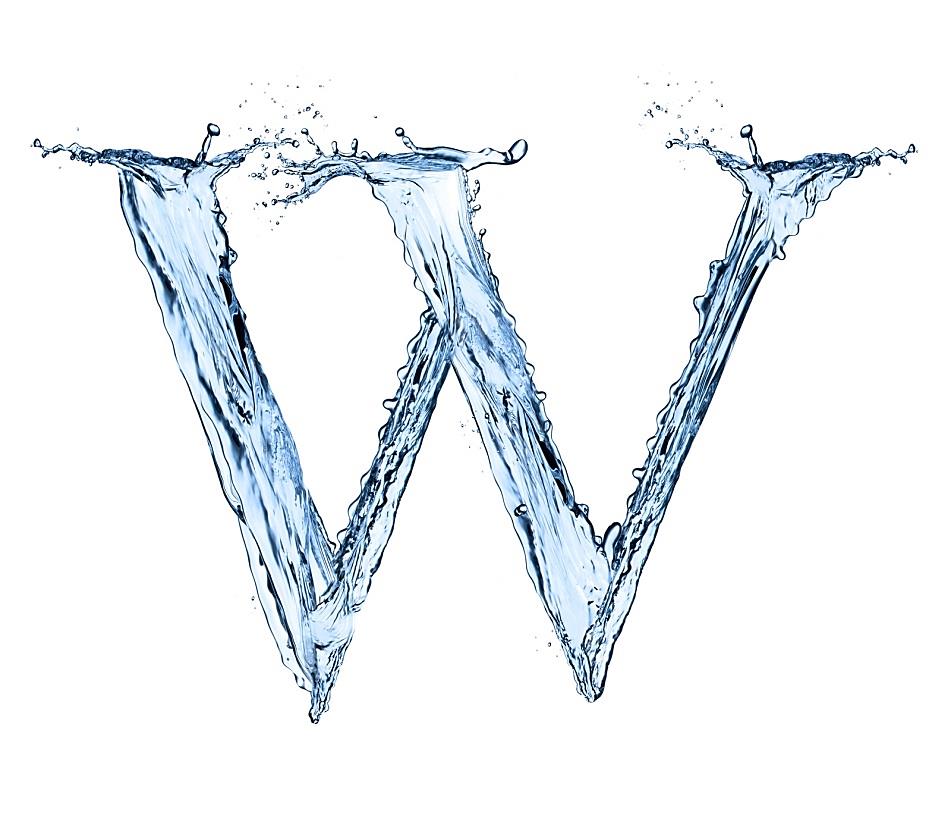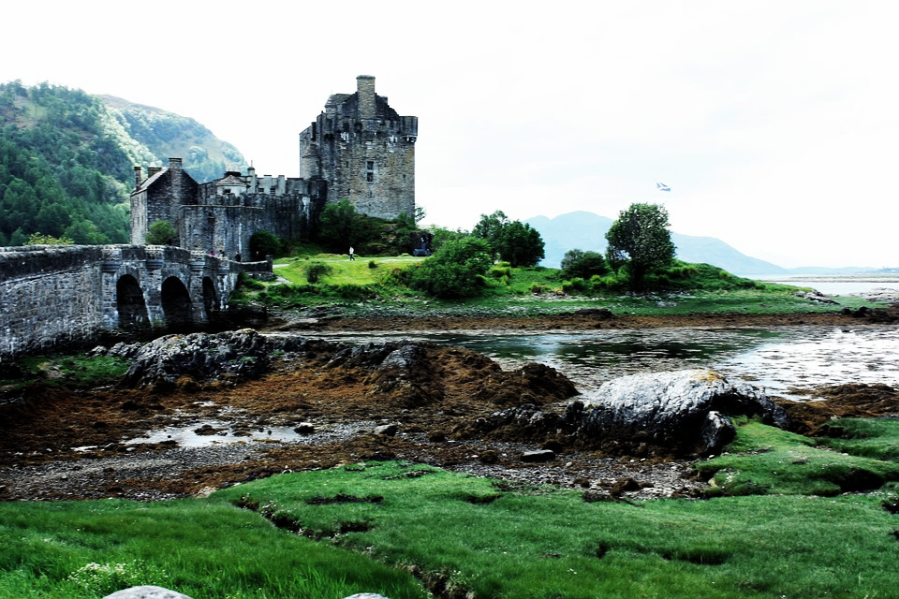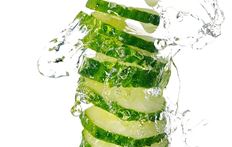
by Fern Shaw | Oct 11, 2016 | mains fed water cooler, Water, water cooler, Water Coolers
AquAid has been in the business of providing water coolers for near on two decades. This means we have a wealth of experience in fulfilling your water and water cooler requirements, ranging from:
AquAid provide water coolers and services to more than 30 000 customers throughout England, Ireland and Scotland.
We continue to ensure the provision of the correct water cooler solutions to our customers, coupled with services that include;
Fortnightly delivery plus our exclusive emergency next day delivery, free of charge;
Ongoing water cooler maintenance by AquAid trained and experienced engineers;
Keeping your AquAid local and in doing so, keeping it ‘green’.
There are 29 AquAid depots across the length and breadth of the UK. This means a smaller carbon footprint in the delivery of our water coolers, bottled water deliveries and your water cooler maintenance.
If you’d like more information on AquAid Water Coolers, our range of products and services that we offer, please either contact us here or telephone us on 0800 772 3003 – we be delighted to assist you.

by Fern Shaw | Aug 31, 2016 | Christian Aid, Water
It’s a very important week in water this week, with the World Water Week summit taking place in Stockholm from 27 August to 02 September.
Participants from around the world will gather to convene events about water and development issues. It is also an opportunity for individuals from around the globe also present their findings at the scientific workshops.
The theme for this year’s summit is ‘Water for Sustainable Growth’.
Having recently returned from a visit to Ethiopia with Christian Aid, a charity that AquAid have partnered with since the company’s start in 1998; and having witnessed first-hand the vital need for water provision throughout the country, I can only concur that water provision to those that need it isn’t enough (although it’s a fantastic start!) – in order to make a difference in the long term – sustainable water provision is essential.
So, what can you do?
You can choose a water provider whose core belief is making a difference in other people’s lives. How so, you may ask? Well, simply put, AquAid have, from the start, donated to charities whose focus is on sustainable water provision. This means that for each bottle of water or water cooler purchase, a donation is made to these charities.
What do we do?
Of course, we’re a business and we operate on business principles. How we’re a little different is that a core business principle is to contribute to charities that make a difference. This is achieved through long standing relationships with charities such as Christian Aid and the AquAid founded Africa Trust.
Since our partnerships with these two charities began, AquAid have donated over £10 million to charity and more than 5 million people in more than 7 countries now have access to a better water source and a more sustainable ‘water’ future.

by Fern Shaw | Aug 19, 2016 | Water
We can’t always be stats and measurements and water saving tips. Sometimes we just have to go with the flow (aha) and celebrate the joys of descriptive language.
Keeping it watery, here are a few words from A to Z (or thereabouts) to describe the liquid bringer of life (unless you’re a vampire of course, then it’s a different story):
Aqueduct
Brook
Cloudburst
Fluvial is a term used in geography and geology to refer to the processes associated with rivers and streams and the deposits and landforms created by them.
Monsoon
Oxbow – used to describe both a yoke for an ox and a particular shaped bend in a river. (I just learnt that – colour me proud!)
Precipitation is any product of the condensation of atmospheric water vapour that falls under gravity. The main forms of precipitation include drizzle, rain, sleet, snow, graupel and hail. Say it with me now … pre …cip …ee … tation! Isn’t that satisfying? (Okay, I’ll admit, there’s a little Rocky Horror colouring that watery descriptive word).
Qanat – an underground tunnel for carrying irrigation water.
Watery
Aren’t they lovely? Say them with me now Clowed BURST! Floo…vee…owl Mon…sooooon.
Do you have any favourite words describing water in all its magnificent permutations? If so, please feel free to add them in the comments section.

by Fern Shaw | Aug 1, 2016 | Water
To avoid any confusion, the title refers to islands around the island of Britain and Ireland and Scotland and not to the island of Britain itself. Yes?
Picture the scene – summer holidays many, many summers ago. An avid bookworm already at eight stands in a bookstore in town. Her parents have given her enough pocket money for a book – one book, mind you. She stares up at the colourful rows of books spines in front of her, spoilt for choice … she reads the title, ‘Five on a Treasure Island’ – and that was that; she was caught, completely. Islands forever after would be places of mystery, adventure and on occasion a little frightening.
 Why we’re talking islands is because in a recent blog about what to do and where to go this summer, I made mention of the option to visit an island steeped in history.
Why we’re talking islands is because in a recent blog about what to do and where to go this summer, I made mention of the option to visit an island steeped in history.
I was referring to Flat Holm Island whose earliest known visitor was St. Cadoc. He made frequent visits to the island in the late 6th century for periods of tranquil meditation, especially during Lent. During the 18th century, the island’s location made it an ideal base for smuggling. Although Flat Holm is in full view of both the Welsh and English coasts, customs authorities were powerless to act as they had no boat to take them to the island. According to tradition, a small cave in the east cliff at Flat Holm was used for the storage of contraband, mainly tea and brandy.
Then there’s Eilean Donan (pictured above with castle) – a small tidal island where three lochs meet; Loch Duich, Loch Long and Loch Alsh, in the western Highlands of Scotland. A picturesque castle which lies just under a mile from the village of Dornie dominates the island. Since the castle’s restoration in the early 20th century, a footbridge has connected the island to the mainland.
 Eilean Donan is part of the Kintail National Scenic Area, one of 40 in Scotland. In 2001, the island had a recorded population of just one person. The name of the island which means simply ‘island of Donnán’, is named after Donnán of Eigg, a Celtic saint martyred in 617.
Eilean Donan is part of the Kintail National Scenic Area, one of 40 in Scotland. In 2001, the island had a recorded population of just one person. The name of the island which means simply ‘island of Donnán’, is named after Donnán of Eigg, a Celtic saint martyred in 617.
Eigg is one of the Small Isles, in the Scottish Inner Hebrides. It lies to the south of the Skye and to the north of the Ardnamurchan peninsula and was also called Eilean Nimban More – ‘island of the powerful women’ until the 16th century. Notably, Eigg generates virtually 100% of its electricity using renewable energy.
In case visiting these particular islands holds no appeal, never fear – there are more than 267 inhabited islands dotted in and around the United Kingdom:
- In the United Kingdom: 124 and part of Ireland
- In England: 19 and part of Great Britain
- In Northern Ireland: 1 and part of Ireland
- In Wales: 6 and part of Great Britain
- In Scotland: 97 and part of Great Britain
- Bailiwick of Guernsey: 6
- Bailiwick of Jersey: 1
- Republic of Ireland: 10 and part of Ireland
- Isle of Man: 2
So, pack your sarmies, your water bottle and your sense of adventure and celebrate summer with a visit to one or many of these amazing islands, steeped in history and full of folklore and tales of derring-do!

by Fern Shaw | Apr 26, 2016 | Charity, Christian Aid, Water
We should all know the direct correlation between drinking sufficient water and keeping healthy by now (OK, well I should, I’ve researched and written about it often enough – maybe you shouldn’t), but quite surprisingly in spite of a plethora of information from just about everywhere, it seems we still need to be told about this pretty basic principle.
- To be fair (all about fairness, me) in this tech age, I may just be more easily convinced if I had some clever water bottle that glowed at me until I drank from it or;
- What about a water bottle that apparently dings at you when it’s time to drink up!
- Then, getting even more tech spec-ee, what about all these apps that alert you to the fact that you haven’t had your daily water as yet. Yep, there really are a variety of ‘drink water’ apps available for smart phones and for those that like to add cucumber or similar to their water, there is a water bottle / spiral slicer (yep, really) that slices your cucumber directly into your bottles water.
These inventions and concepts (as some are still at the conceptual stage) are quite amazing, clever and resourceful.
For me though, not having a smart phone (oh woe is me) and I’m guessing I’m one of many millions that also don’t have a smart phone, I still believe that it’s kind of up to the individual (unless you have a forward thinking team at work who realise that hydrated employees are happier, healthier and make for a more productive team) to ensure that you drink your water.
What’s even more amazing is that if you choose your drinking water from AquAid, a portion of the proceeds of your water cooler purchase is automatically donated to water projects around the globe – these being to Christian Aid and The Africa Trust.
Now, that’s pretty amazing!

by Fern Shaw | Apr 21, 2016 | Water
I was quite amazed and impressed with the extensive, almost unending list of one’s brain function and how something as simple as drinking water can radically affect how our brain function.
So impressed in fact, that I’ve written a Part II, because as we know, information is power and if we’re well informed, we empower ourselves to be able to take better care of our wonderful little selves.
So, without further ado, here are a number of examples of brain power and how drinking water keeps these operations functioning at capacity:
Memory
- Every time you recall a memory or have a new thought, you are creating a new connection in your brain.
- Memories triggered by scent have a stronger emotional connection, and therefore appear more intense than other memory triggers.
- While you sleep at night may be the best time for your brain to consolidate all your memories from the day. Lack of sleep may actually hurt your ability to create new memories.
Brain Function
- Your brain uses twenty percent of the total oxygen in your body.
- If your brain loses blood for eight to ten seconds, you will lose consciousness.
- While awake, your brain generates between ten and twenty three watts of power – or enough energy to power a light bulb.
- The old adage of humans only using ten percent of their brain is not true. Every part of the brain has a known function.
Psychology of Your Brain
- You can’t tickle yourself because your brain distinguishes between unexpected external touch and your own touch.
- The connection between body and mind is a strong one. One estimate is that between fifty to seventy percent of visits to the doctor for physical ailments are attributed to psychological factors.
Who would’ve thunk it, as my mum says. A clear case then to encourage you to drink enough water to ensure that your wonderful, hard-working brain continues to be able to carry out its myriad functions at capacity.





 Why we’re talking islands is because in a recent blog about what to do and where to go this
Why we’re talking islands is because in a recent blog about what to do and where to go this  Eilean Donan is part of the Kintail National Scenic Area, one of 40 in Scotland. In 2001, the island had a recorded population of just one person. The name of the island which means simply ‘island of Donnán’, is named after Donnán of Eigg, a Celtic saint martyred in 617.
Eilean Donan is part of the Kintail National Scenic Area, one of 40 in Scotland. In 2001, the island had a recorded population of just one person. The name of the island which means simply ‘island of Donnán’, is named after Donnán of Eigg, a Celtic saint martyred in 617.
